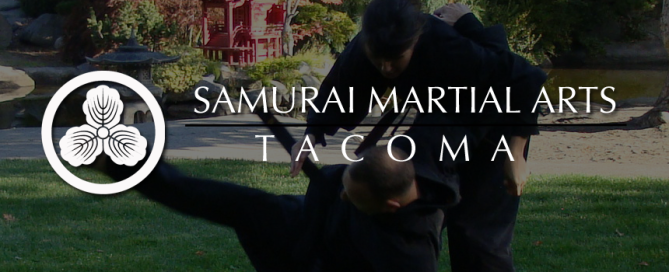Cerebral Factors of Self Defense (Part Two)
Verbal Skills for Self Defense
At this point you may still be able to diffuse the situation verbally for self defense. On the street there is no magic formula to follow. The conversation will be very short. The most important aspects to remember are that your body language has to reflect what you are saying, anger breeds anger, and do not challenge their ego. If your body language is threatening then you are forcing the predator to defend his ego and not back down. Ensure your hands are open with palms toward the assailant held in a natural manner and not looking like you are ready for a fight. You do not have to wimp out or apologize but you need to leave the predator with a way out that allows him to save face to some degree. One way to achieve this is to make it seem there has been a misunderstanding, this allows them to make a strong statement and walk away or back off. With an aggressive predator this phase may only be one statement or may not occur at all. Only about three percent of the population are sociopaths, meaning they are unaffected by social norms. This means there is potential to verbally de-escalate a situation with about 97 percent of the people out there. However, keep in mind that the sociopaths are more likely to have initiated a situation like this to begin with.[i]
We have already established that in the case of predators who are intent on violent crime an interview takes place to determine victims, and that sometimes these interviews involve conversation. However, there is another type of assailant you may encounter whose motive is purely ego based. Alcohol, drugs, […]

